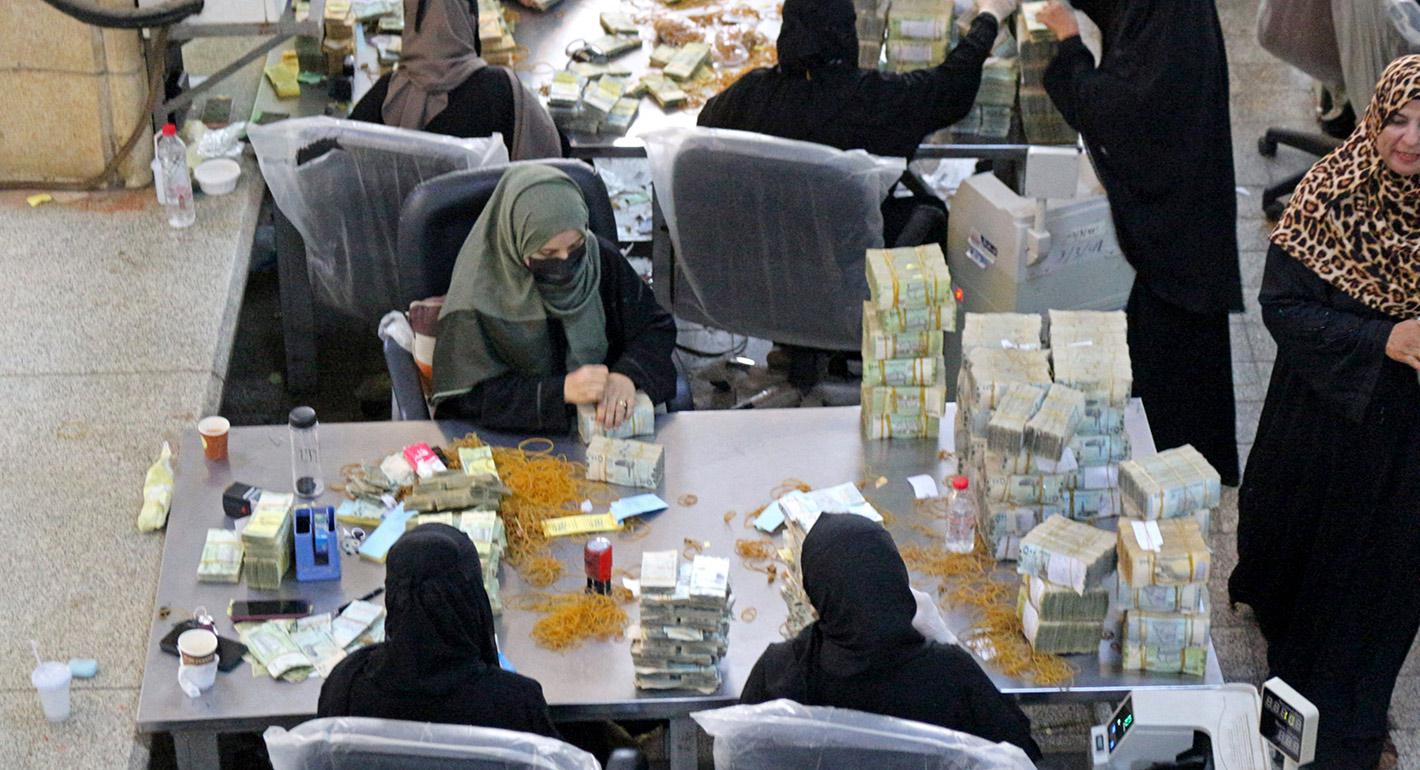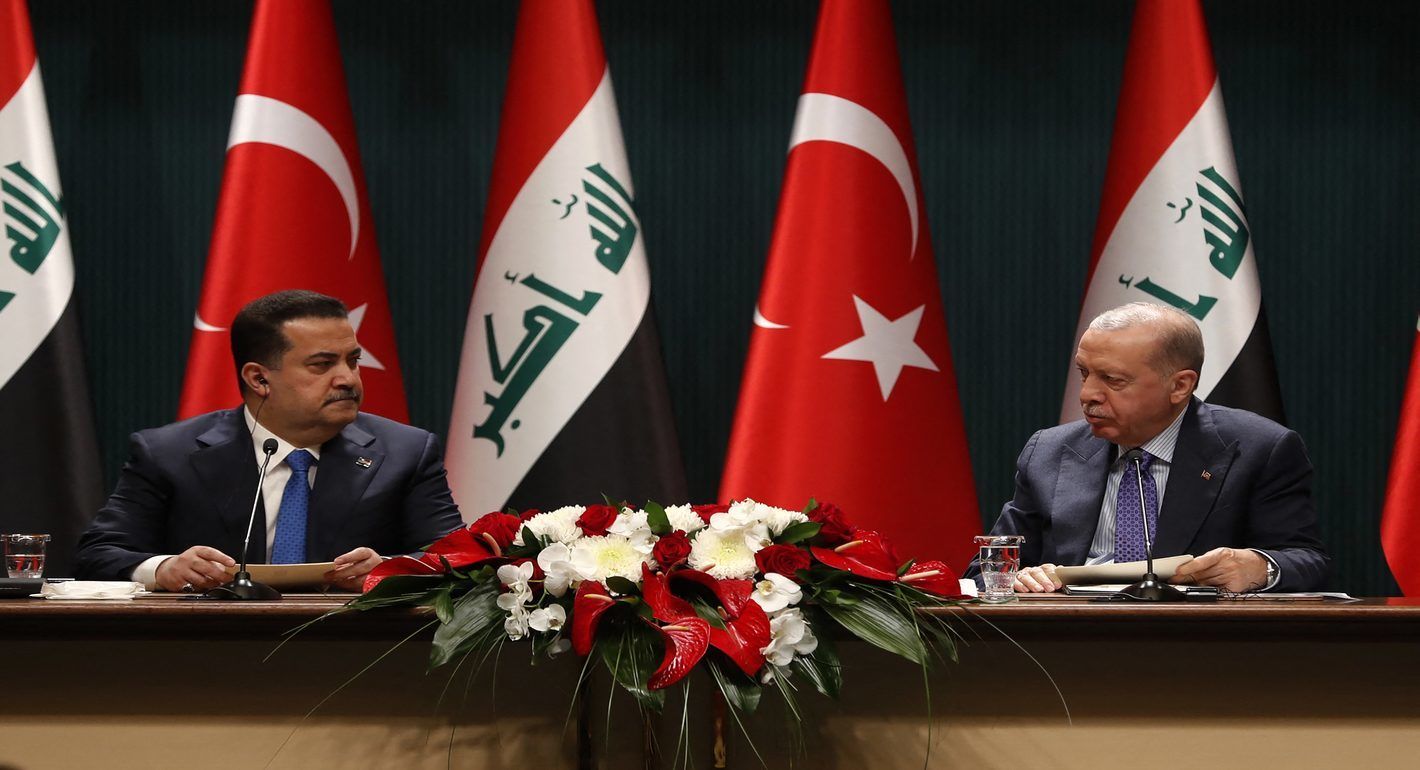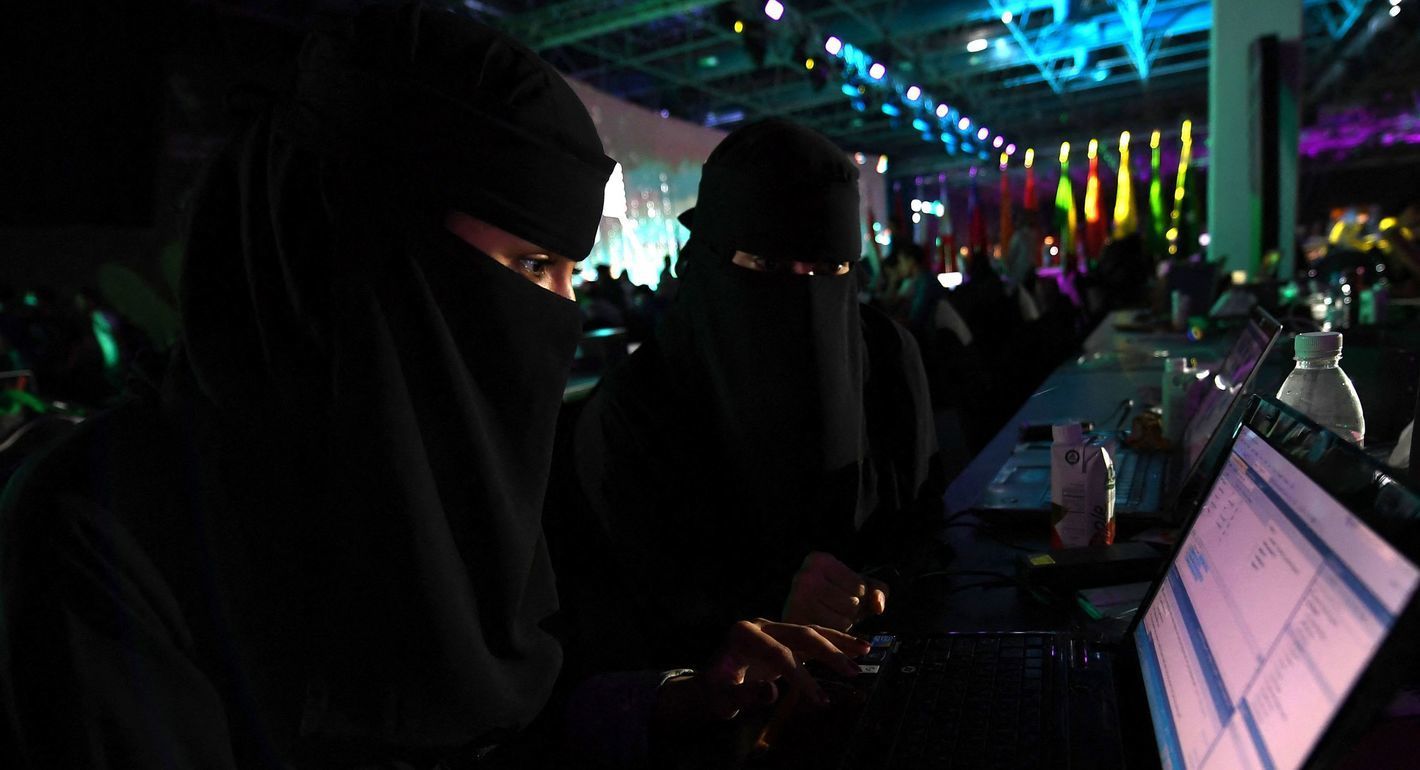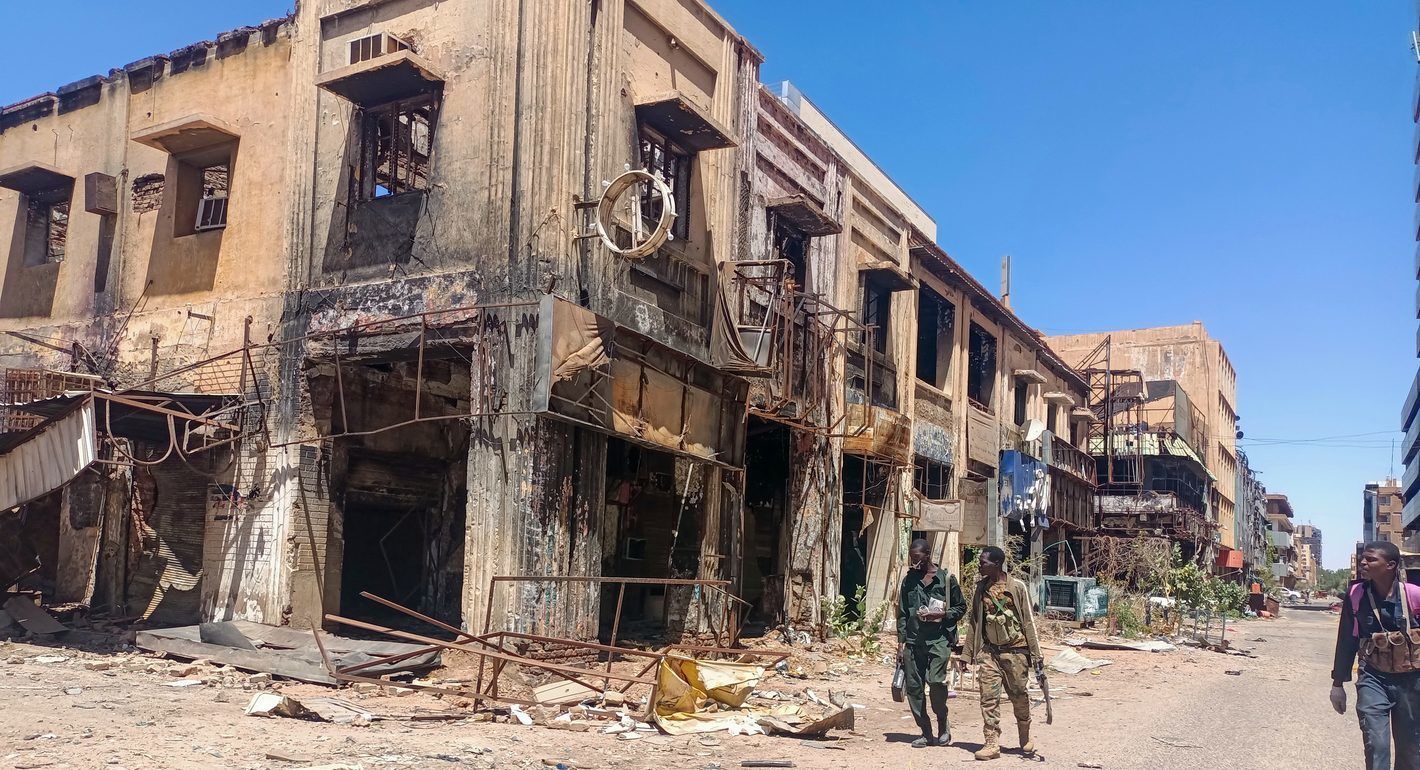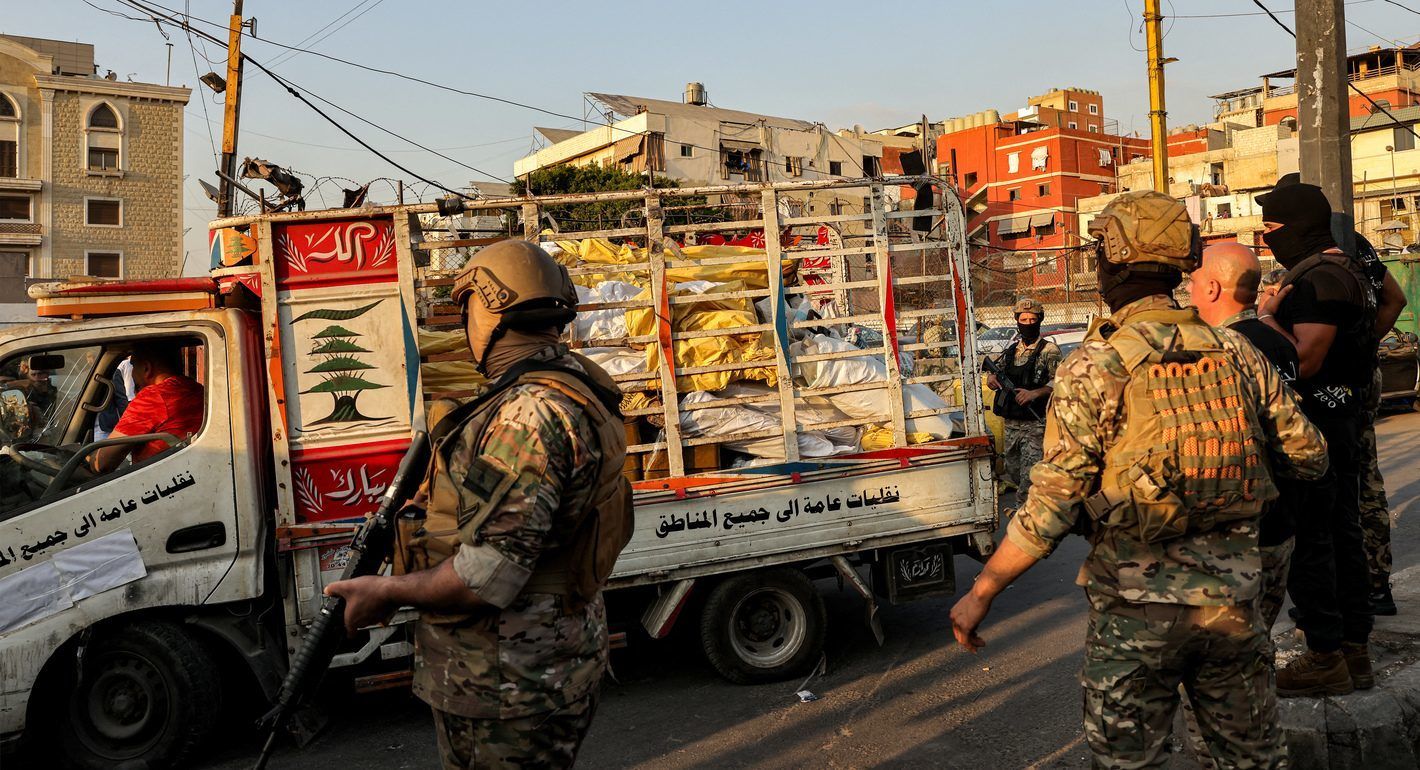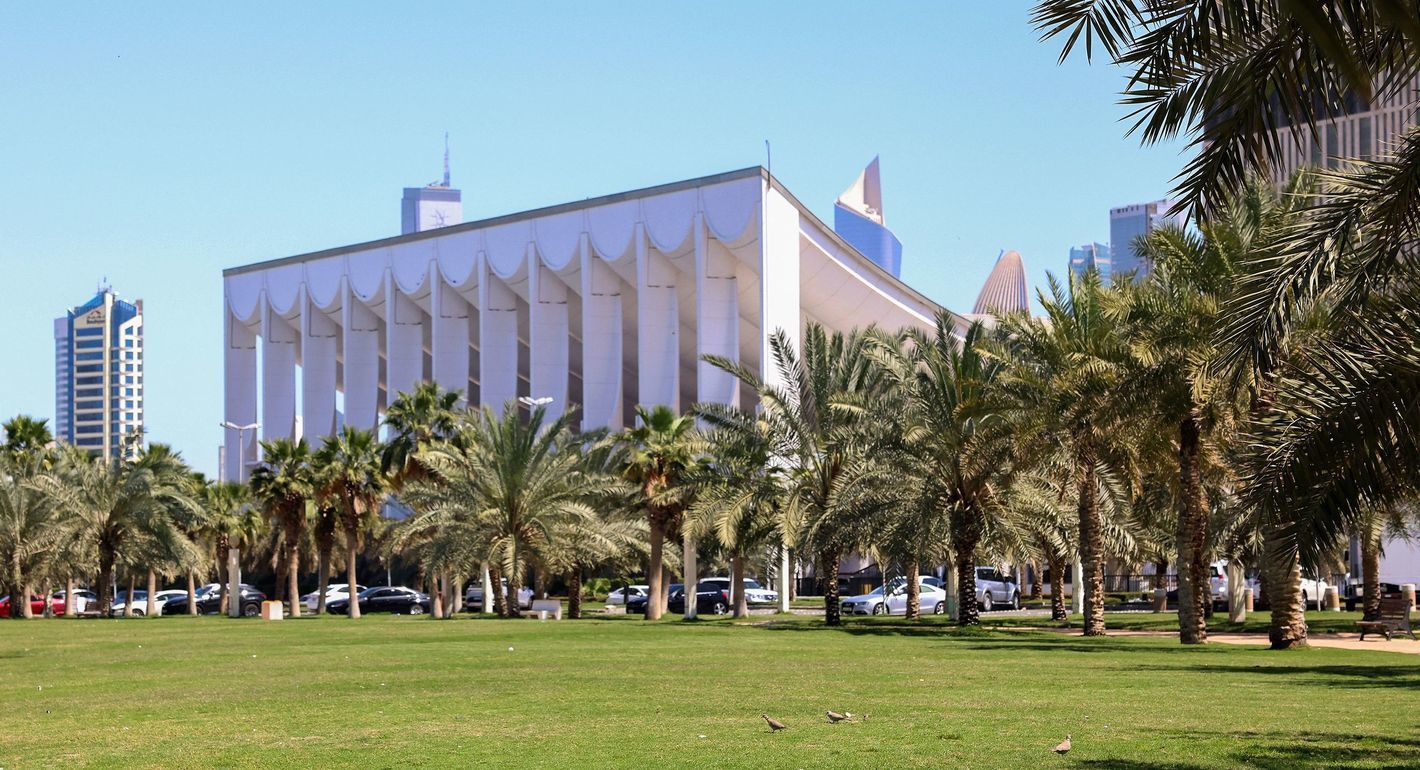Yemen, which was one of the poorest countries in the world prior to the outbreak of its current war and is now considered the world’s worst humanitarian crisis, will require significant development aid, as well as peaceful relations with its Arabian Peninsula neighbors and the international community to rebuild. According to a recent UNDP study, the conflict has already slowed human development in Yemen by at least 21 years. There are numerous challenges, including limited government capacity to absorb donor pledges and the complex procedures and excessive bureaucracy that accompany donor-funded project implementation.
For more than six decades, international support for Yemen has been channeled through bilateral and multilateral contributions from the GCC, the EU, UN organizations, the US, regional and international financial institutions, and banks. This assistance was largely used to support the national budget and currency. External funding was also provided for infrastructure such as factories, roads, bridges, airports, hospitals, public and technical education institutions, public health, and water and sanitation development projects.
It is critical to note that reform plans developed by donors and external actors had limited impact because they were mostly piecemeal and failed to address the critical need for systemic and comprehensive reform. Reforms in any society require farsighted political, economic, and social visions, as well as a social contract that establishes a system based on respect for the constitution, law, and the regular peaceful transfer of power through the ballot box. Equal citizenship, broadening political participation, and protecting the rights and culture of local communities would go a long way towards securing the foundations of political, economic, and cultural reform.
A future for Yemen dictated from the top, with undue influence from external actors, is flawed and doomed to fail. The protests that led to President Saleh’s ouster in 2011 highlighted Yemeni citizens’ desire to shape their own future. It is critical that international actors build on Yemenis’ mediation skills rather than attempting to impose their will. This will not only increase donor acceptance but would also empower Yemeni citizens to determine their own future.
The most pressing need is for the fighting and blockade to end. Only a cessation of violence could allow the needed flow of goods and services to Yemen, including food, medicine, agricultural materials, and construction supplies. When an agreement is reached, several steps must be taken. The first step is to repair and reopen major civilian airports and seaports so that Yemenis can freely travel to and from their country. Due to the level of destruction caused by conflict, some cities in Yemen, particularly Sa’ada and Taiz, will require extensive reconstruction.
Economic development cannot be achieved solely through donor assistance and government revenue revitalization. Yemen's future is inextricably linked to the future of its people, who now number over 29 million. Yemen's youth, the country’s dominant age group, own the future. They require an educational system that can foster good citizenship, preserve their health, and provide them with the necessary skills for employment in Yemen and elsewhere. It is critical that Yemeni women be included in the peacemaking process. Women account for more than half of Yemen’s population; consequently, their role is critical to the country’s economic growth.
Development policies of the past have failed largely because they were designed and implemented from the top down. The active participation of local communities and a thriving indigenous civil society are essential to ensure success. The road ahead is full of obstacles, but Yemenis need the war wounds to heal so that they can live and prosper in a free country at peace with itself and with its neighbors.
Amat Alsoswa is a senior consultant for the Office of the Chief Economist, MENA at the World Bank. She previously served the Yemeni government in a variety of roles, including as the first woman minister of human rights. Follow her on Twitter: @AlsoswaAmat.
Note:
For the full chapter, see: Amat Alsoswa and Noel Brehony, Building A New Yemen: Recovery, Transition, and the International Community, Bloomsbury Publishing Plc, 2022, UK.

